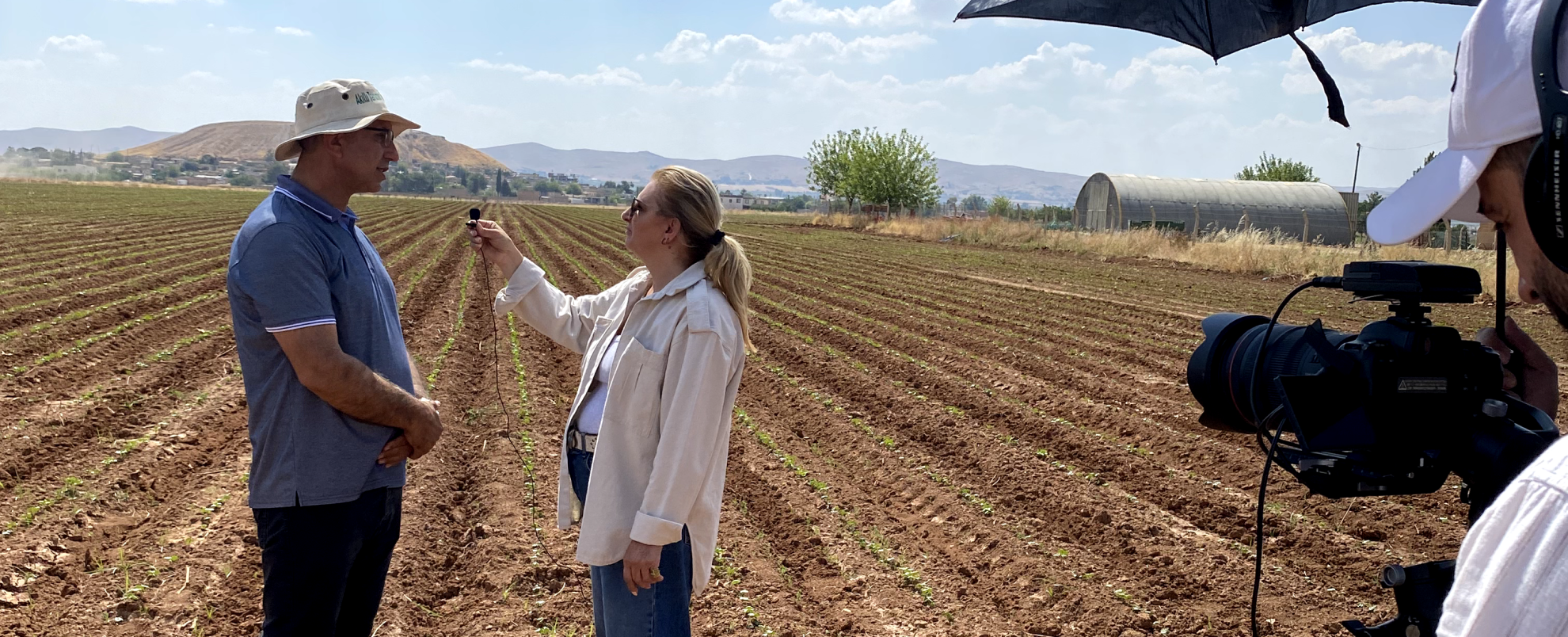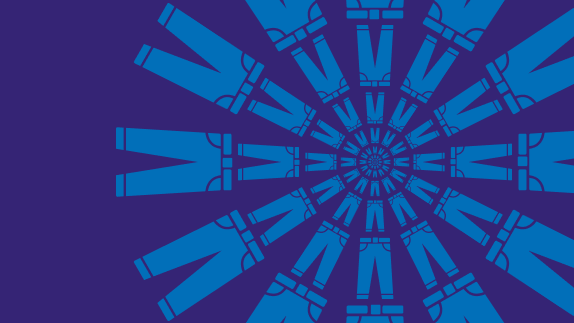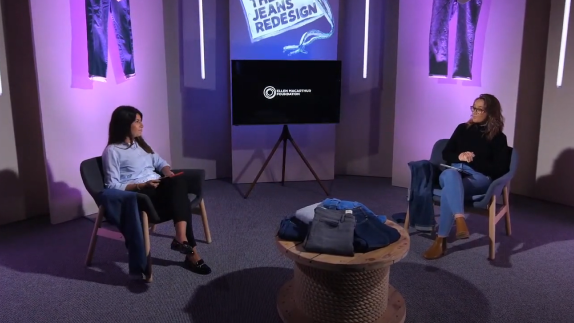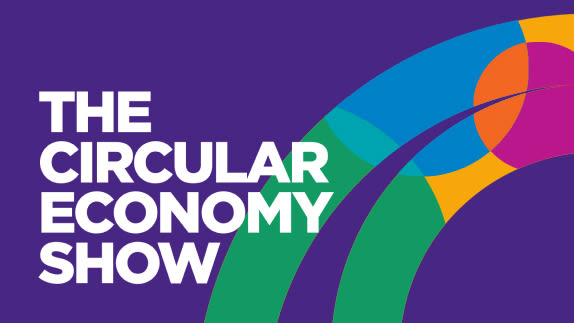
name:
Maritaş Denim
founded:
2013
origin:
Turkey
Maritaş Denim has invested in research to develop regenerative cotton production in its native Turkey.
What they do
Maritaş Denim is a Turkish denim company that supplies international brands with fabric. Turkey is a major global fabric supplier, exporting roughly USD 1 billion of textiles to the United States every year.
As well as meeting all of the mandatory guidelines as part of The Jeans Redesign and working to reduce its water consumption, Maritaş Denim has put a focus on researching and developing fabrics fit for a circular economycircular economyA systems solution framework that tackles global challenges like climate change, biodiversity loss, waste, and pollution. It is based on three principles, driven by design: eliminate waste and pollution, circulate products and materials (at their highest value), and regenerate nature.. Cotton has been a key priority.
In 2023, Maritaş Denim partnered with Harran University and Gaziantep University on a project to explore cotton production with regenerative outcomes for nature. Working with academics and farmers in the South East of Turkey, an important agricultural region, the project will supply cotton to the factory while also undertaking research into the challenges, and best practices for taking a regenerative approach to growing cotton in the area.
“The aim is to compare conventional cotton with regenerative cotton and create a guide to the regenerative future of our industry” described Banu Yenici, Marketing Consultant at Maritaş Denim.
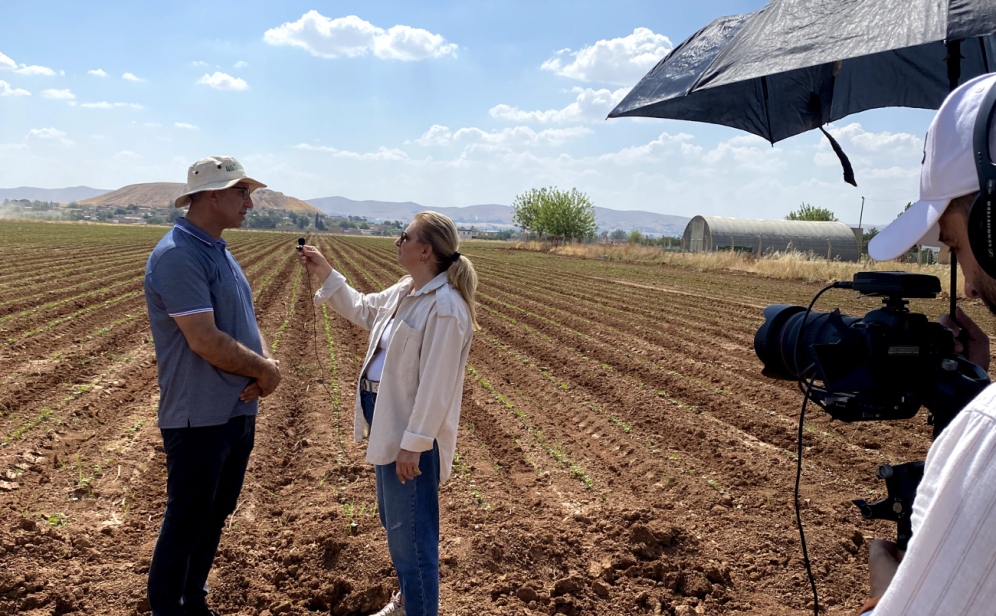
Why it’s an example of the circular economy
Fabric production is estimated to be responsible for about 20% of global clean water pollution from dyeing and finishing products. Conventionally grown cotton uses high volumes of water, degrades soils, and uses harmful pesticides and fertilisers. Although cotton only takes up 2.5% of total agricultural area, the crop uses 16% of insecticides and 6.8% of herbicides.
By ensuring that fabrics are made from safe chemicals, and factories implement wastewater safety and water efficiencies, the environmental impacts of fabric production can be lessened.
Regenerative farming methods emulate natural systems, and require fewer virgin inputs. By working with, rather than against, pollinators and soil microbes, they require fewer chemical inputs (which are often derived from petrochemicals), protect water sources, and allow soils to rebuild. Replenished soils retain more water and nutrients. Increasing the health and yields of the land used to grow cotton means less land is needed, leaving space for nature, and allowing biodiversity to thrive.
Agricultural challenges can be highly specific to a particular area. By conducting dedicated research into the best practice for, and benefits of, growing cotton in Turkey, Maritaş Denim can act as a lighthouse project for encouraging other producers to transition to regenerative farming approaches.
In turn, globalised supply chains are frequently fragmented. The steps involved in making our clothes, including jeans, can happen thousands of miles apart. In doing so, excess emissions are generated and transparency over the process can be lost. By collaborating with a local Turkish university to connect fibre cultivation with fabric production, Maritaş Denim is working to shorten and simplify the supply chain, which can boost transparency and so improve reusereuseThe repeated use of a product or component for its intended purpose without significant modification. and recycling opportunities.
